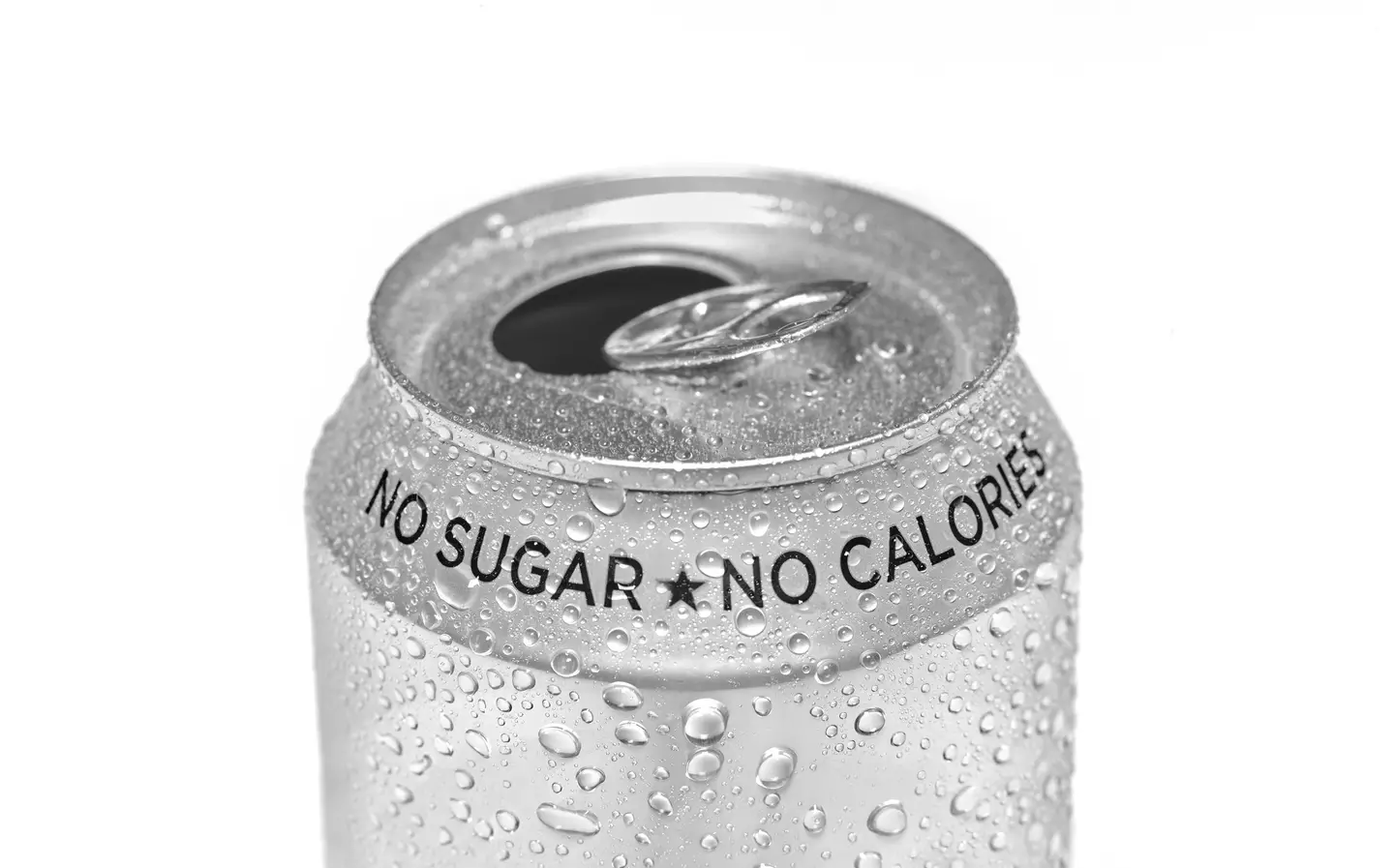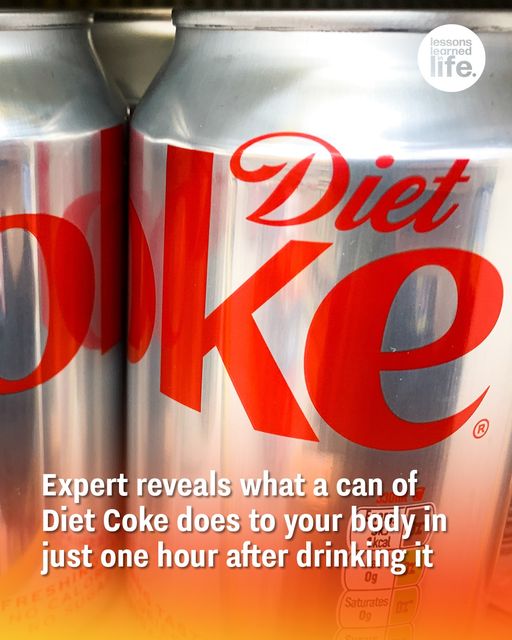Have you ever wondered what happens to your body when you enjoy a can of diet soda? While it’s widely known that sugary sodas are not the best for your health, diet alternatives might also have surprising effects, as shared by an expert.

Discovering the Sweetener Behind the Taste
Though diet sodas don’t have sugar, they do use artificial sweeteners to achieve that sweet taste. In Diet Coke, this sweetener is often aspartame. Now, if you’re not fully acquainted with aspartame, it’s an artificial sweetener that is 200 times sweeter than regular sugar (sucrose).

Potential Health Risks Explained by an Expert
Ella Allred, a technical nutritionist from NutriCentre, notes some possible risks when consuming aspartame. The body might think it’s ingesting sugar and react accordingly. This could potentially increase the risk of health issues like diabetes.
When tasting the sweet flavor of Diet Coke, your body might expect actual sugar intake, prompting the pancreas to release insulin even when unnecessary. This reaction could potentially reduce your pancreas’s sensitivity to insulin over time. Allred suggests that this insulin release happens shortly after the sweet taste is detected.
The consequences include storing more fat around the middle section of the body and raising the risk of heart disease. Within 20 minutes, the body may have reacted to this insulin and now feels a significant dip in blood sugar levels, leaving you craving more sweetness.

The cycle can lead to repeated cravings for Diet Coke or other sweetened products. Furthermore, around the 40-minute mark, aspartame may trigger the brain’s reward centers, potentially heightening risks of developing an addiction-like response.
By the full hour, your body may continue to crave the non-existent sugar. This occurs not due to actual sugar presence, but because of the body’s misinterpretation.
Understanding Aspartame and Moderation
Aspartame is not just in diet sodas but also in various products, including toothpaste. Over time, studies have examined its safety, yielding a mix of opinions on its potential risks.
A World Health Organization (WHO) study discovered possible health hazards associated with aspartame, but realistically, the daily intake needed to surpass safe levels is considerably high. For instance, a 70kg adult would need to consume between 9 and 14 cans of diet soda daily to exceed the safe intake, sans other dietary sources of aspartame.
The takeaway is clear—moderation remains key to safely enjoying your favorite diet sodas while minimizing potential health impacts.
Staying informed can help you make choices that align with your health goals, allowing for occasional enjoyment while maintaining overall well-being.




